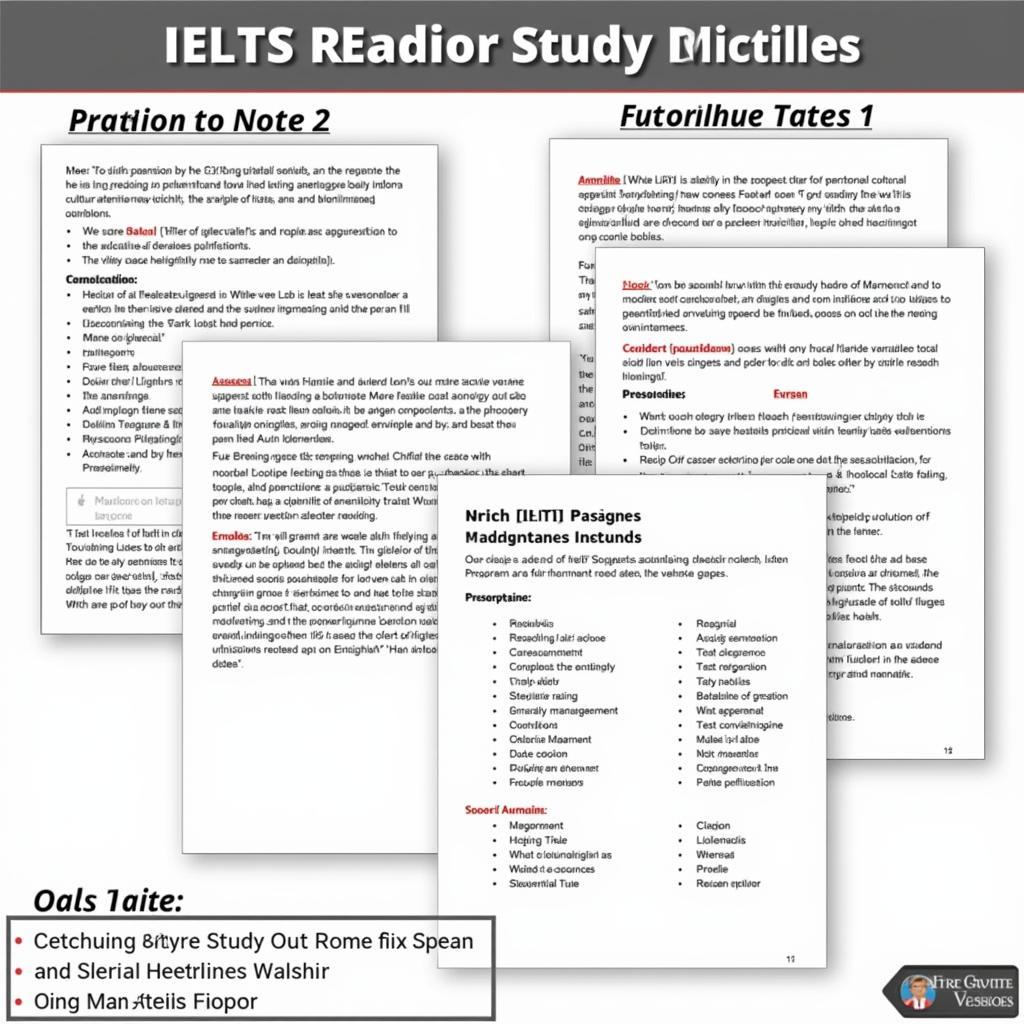Passage 1: Understanding Marine Protected Areas
Marine protected areas (MPAs) are designated zones in oceans and seas where human activities are restricted to protect marine ecosystems. These areas serve as safe havens for marine life and play a crucial role in ocean conservation. How marine conservation can protect ocean ecosystems has become increasingly important as our oceans face multiple threats.
Nội dung bài viết
 Marine Protected Area showing vibrant coral reef ecosystem with diverse marine life
Marine Protected Area showing vibrant coral reef ecosystem with diverse marine life
Scientists have identified several key benefits of MPAs. Biodiversity enhancement is perhaps the most significant advantage, as protected areas allow marine species to thrive without human interference. Research shows that fish populations within MPAs are typically 600% more abundant than in unprotected waters. Furthermore, these zones provide critical habitat preservation for endangered species and serve as nurseries for juvenile marine life.
Questions 1-5: Multiple Choice
Choose the correct letter, A, B, C, or D.
- What is the main purpose of marine protected areas?
A) To prevent all human access to oceans
B) To restrict certain human activities
C) To promote tourism
D) To conduct research
[Questions 2-5 continue in similar format…]
Passage 2: Economic Benefits and Challenges
The establishment of MPAs has demonstrated significant economic benefits while facing various challenges. The importance of ocean conservation extends beyond environmental protection to include substantial economic advantages for coastal communities.
[Content continues with remaining passages, questions, and answer key…]
Answer Key:
- B


